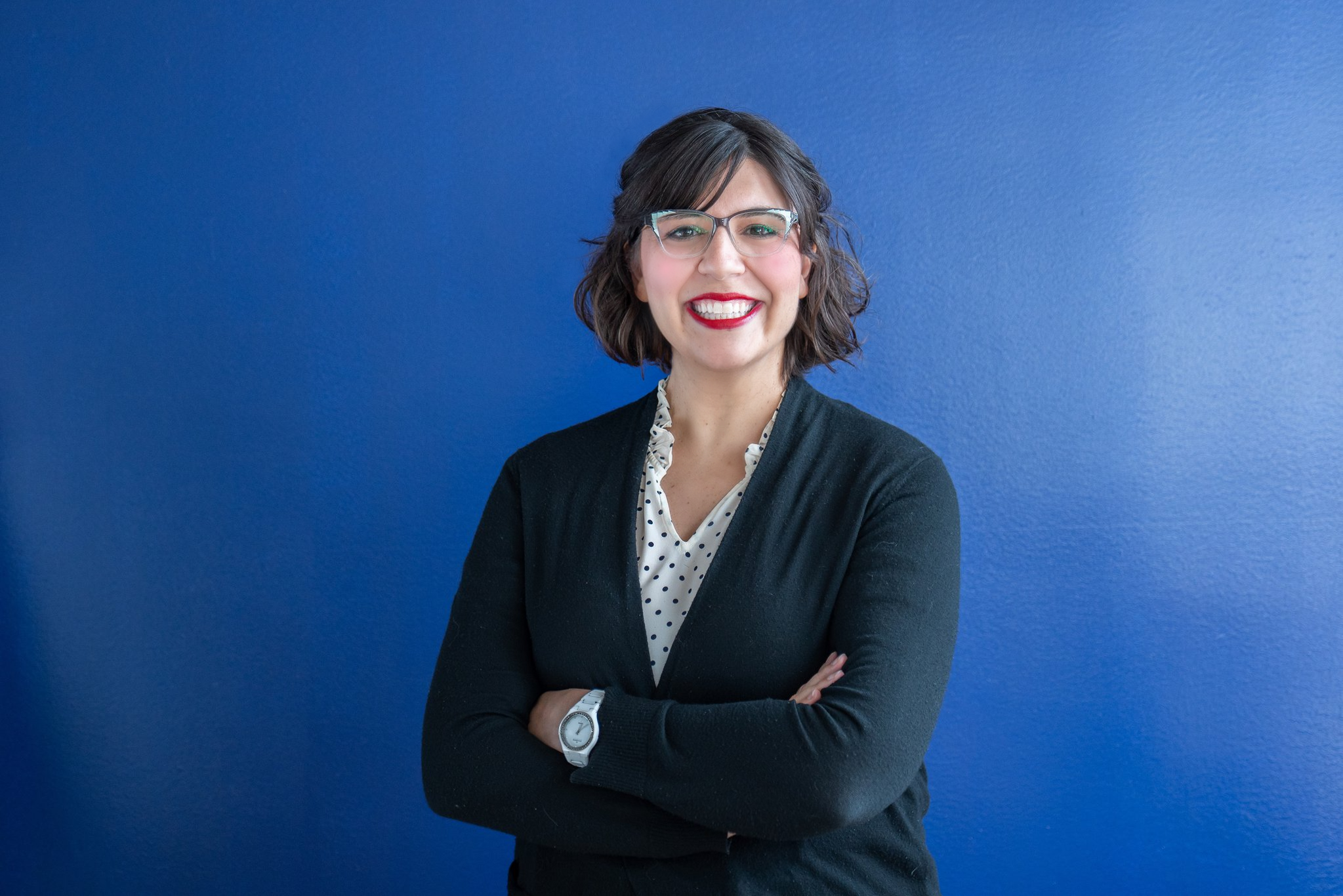Meet a Medical Director: Dr. Elizabeth Henry
Dr. Elizabeth Henry serves as the Medical Director of Oncology at theMednet. Her goal: break down the silos that exist in academic medicine and make it accessible to everybody. She oversees the editorial team – deputy and associate editors - for each of the five specialties that comprise the oncology community on Mednet (radiation, medical, gynecologic, pediatric hematology/oncology, classical hematology). Dr. Henry's emphasis is on advancing discussions to improve learning for physicians while also addressing the development of oncology by examining published data and literature. She and her team also moderate content discussing challenging cases from academic experts and make decisions upon reaching a consensus.

Dr. Henry is blunt: clinical medicine is not what it once was. One main difference? Practitioners have much less time to spend with individual patients and to keep abreast of the rapid developments.
The reason why? The corporatization of the medical field has left physicians drowning in paperwork. They spend hours filling out electronic medical records required for treatment, billing, and administrative purposes or fighting with insurers to get patients with serious illnesses preapproved for medication. Some have even started utilizing AI to cut through. The logarithmic increase in drug approvals and research is another stressor. The need for knowledge assimilation is so much greater than it once was.
This state of things has caused a persistent tension for this seasoned oncologist who just wants to take care of people, learn more about the interface of society and medicine, and feel good about her work. These values manifested at an early age. Her high school once conducted an experiment in which they grouped students based on common aspirations. She was sorted into the medical “home” and interned at UC Irvine’s oncology floor. Although the work was menial, she was able to observe the healthcare teams’ care for patients and was deeply moved.
In college, Dr. Henry majored in Science, Technology, and Society with a minor in women’s studies and also worked as an EMT. She still cites this combination of studies and real-life experiences for shaping the kind of physician she is today. She deferred a medical school acceptance at Loyola University Chicago’s Stritch School of Medicine for an opportunity to work in New York City’s Urban Fellows' Program, an experiential fellowship that allows graduates to gain public policy experience by working with government agencies.
September 11th upended her initial plans to work in the Department of Public Health. She instead applied for a position as a medical planner with the City’s Office of Emergency Management that responds to public health disasters and works to prevent biomedical attacks. Working from makeshift offices at Pier 59 (their original offices at 7 World Trade Center had been destroyed) during those trying months was another crucial experience in learning how to care for people.
After returning to medical school and working through clinical rotations, Dr. Henry knew she was more inclined to being an internist than a surgeon or proceduralist. She valued the longitudinal relationships she could build with her patients in medical oncology. One of the most memorable moments in her career was when a colleague asked if her father could come see her, because it reflected the culmination of her life's work. “The type of care I was providing was the type of care that people who I worked with recognized that they wanted this for their family.” She specializes in the care of patients with genitourinary cancers at the Edward Hines Jr. Veterans Hospital and continues to work with and teach trainees, which she finds most fulfilling.
Her interest in medical education led to an unconventional mid-career venture for a specialist like Dr. Henry: becoming Medical Director at theMednet. Her goal was to help doctors acquire the tools to take the best possible care of their patients. She describes theMednet as “a point of care digital resource” where communication and learning theory are built in to help physicians learn updates in their field and provide the best care to their patients. The combination of academic medicine, teaching, and research into digital patient care tools expands medical education in a powerful way. The platform also accomplishes something that isn’t always possible in real life: interdisciplinary conversation.
“It's all based on questions that we ask ourselves and our peers. That's how medicine moves forward. People see an opportunity to answer an unanswered question. That's how research is done. That's how patient care advances. That's how new drugs are developed. And that's really at the core of what theMednet does.”
She sees parallels with her career as an oncologist and her role at theMednet. She was drawn to the specialty of oncology knowing it would not be stagnant throughout her career. “That was one of the things that really drew me to the field was that it's constantly changing and evolving, and we're always learning. It's a continuous process of lifelong learning.” TheMednet is also constantly evolving, she said. “We're growing, we're developing, we're meeting the needs of physicians, and those are changing all the time. And so how are we going to continue to rise to meet those challenges? I think that's exciting to explore as a team here.”
When she’s not troubleshooting and problem solving, she’s relaxing by the water in Chicago, indulging in outdoor activities and sharing delicious meals with her family.
